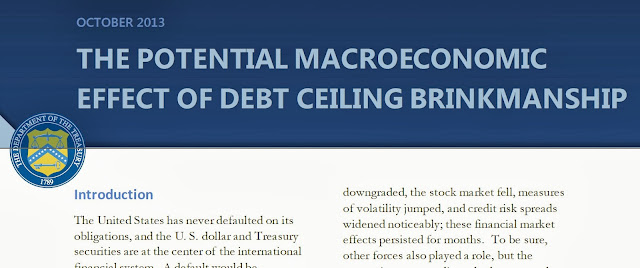The mining industry's chief lobbyist says
there are still corporate "laggards" when it comes to ensuring that
mining communities get a fair share of benefits from the resources boom.
The comments by the Minerals Council's chief
executive Mitch Hooke come as a study shows the resources industry spent $35
billion on community infrastructure, indigenous contractors and local suppliers
in the 2011 - 2012 financial year.
That is $14 billion more that the $21 billion
dollars the the industry is estimated to have paid in company tax and royalty
payments in the same year.
The research by the corporate social responsibility consultants Banarra has been released as the political debate
over the proposed repeal of the Mineral Resource Rent Tax (MRRT) hots up.
Mitch Hooke told AM that despite the
massive spending there are still gaps in communities that need to be filled
where the mining industry needs to do a better job.
"Yeah, I think so. Communities are
voting with their feet. And they're actually picking on the companies, and
identifying the companies that they'd like to be a part of their community. So
if you extrapolate that across the industry as a whole, you'd come to the
conclusion that we've got some laggards and they need to pick up their act if
they're going to be part of the new equation," Mr Hooke said.
The Banarra study, based on a survey of 25
Australian mining companies, found that $34.7 billion was spent on community
infrastructure, Indigenous contractors and local suppliers.
According to research by Deloitte Access
Economics, the spending exceeds the projected returns from the MRRT and company
tax and royalty payments from mining companies.
Infrastructure projects funded by mining
companies include health care centres, education and training, sporting clubs,
swimming pools and transport services.
But Mitch Hooke said the spending was not a
"philanthropic exercise" to appease critics of the mining industry.
"There still has to be a business case
to it. But the benefits of that community investment and that community
contribution, they extend beyond the direct benefits of the company. And so
therefore there's knock on effect to the community as a whole," Mr Hooke
said.
And Mr Hooke said the mining industy was
committed to assessing infrastructure spending despite concerns that the investment
phase of the mining boom is peaking.
"There's a correlation between the
extent of economic activity and the level of investment. But it's not going to
fall off the edge of a cliff. It's coming off down the other side
"I think you've got to have the social
license. You've got to have the confidence of the communities in which you're
operating and the business case for investing in those communities, not only as
a source of skills and as a source of goods and services and supplies,
but also confidence that the mining industry is part of their local community
and therefore part of their quality of life."
Mr Hooke also had a sharp response to critics
who believe spending on social infrastructure is something the mining industry
should be doing anyway.
"Well I agree. We agree wholeheartedly.
The argument is, from the former government, was that we weren't doing it. So
we agree that we should be investing in those communities. We agree that a
social license to operate is a fundamental platform for the manner of our business.
And we agree there's a very strong business case for having vibrant and strong
communities."
And Mr Hooke agreed that attitudes to
community spending had changed in mining company boardroom during the resources
boom.
"Yes. It's been a transformation. It's
almost been a renaissance over the last decade or so. They had a bit of an
epiphany. Even our harshest critics will tell you that there's been a massive
transformation in the way the industry operates. The cheer squad of enthusiasts
will always keep prompting us to do better and that's a good thing."
The Labor Party and the Greens have pledged
to oppose the repeal of the MRRT which replaced the more controversial Super
Mining Profits Tax introduced by the former Prime Minister Kevin Rudd.








.JPG)



